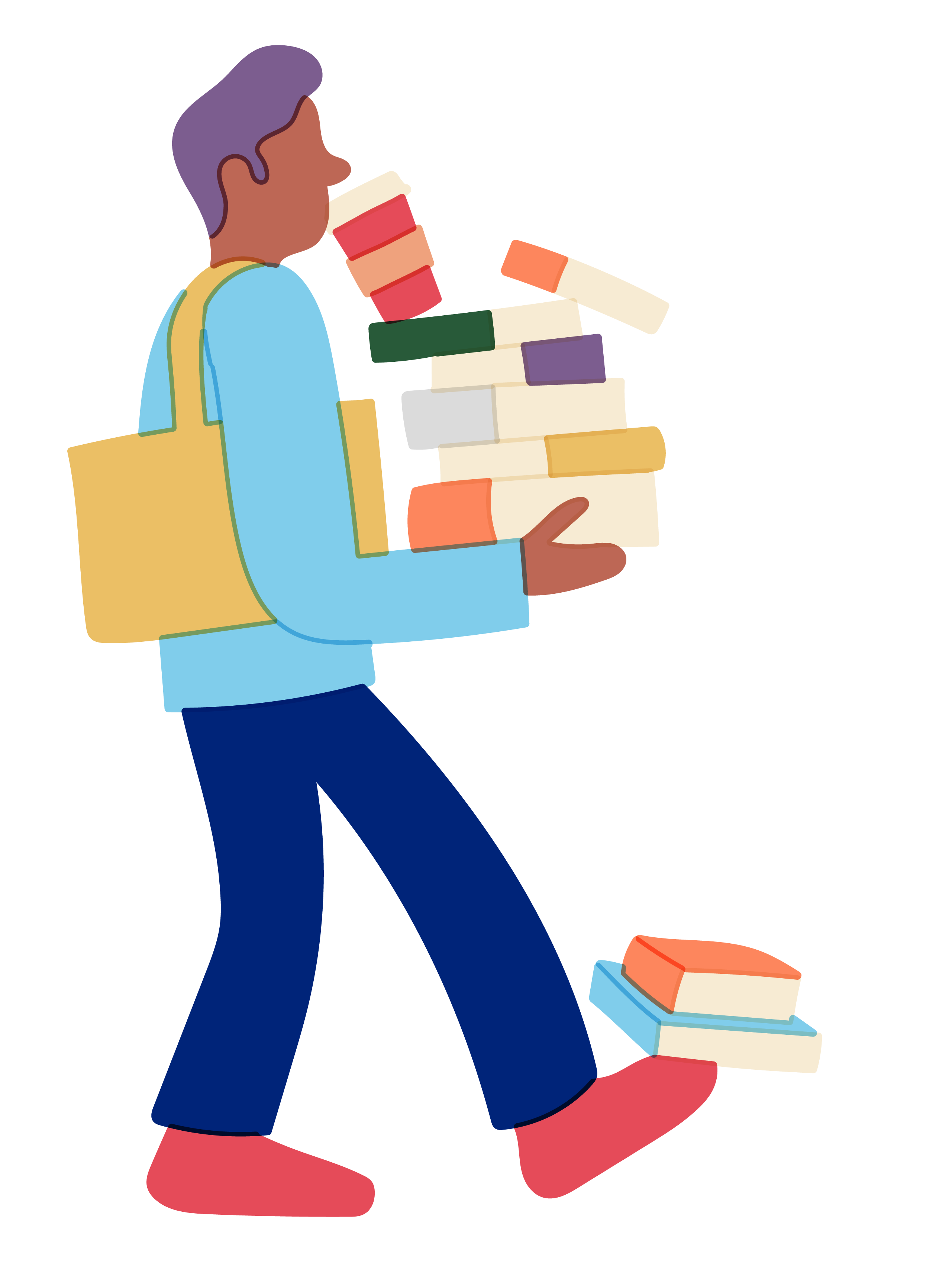As I reflect on my lifetime of experiences in education (both as a student, and as a tutor and teacher over the past 15 years), I’ve come to increasingly appreciate the opportunities to develop life skills when we engage in academic learning. Whether you’re a student in elementary to high school or are in college, the assignments and projects you complete and the tests you (maybe don’t always) study for all require careful coordination of skills and attitudes. You make choices, create and act on a game plan, manage emotions and feelings, problem solve and course correct. You apply interpersonal skills (a.k.a. soft skills) to work with classmates and communicate with teachers/professors. This complex interplay of skills shapes who we are for the long-term.
Self-determination: connecting life skills to learning
A psychology and education framework that helps us define important life skills and connect them to who we are as lifelong learners is self-determination. Self-determined people have skills, knowledge, and beliefs needed to direct their lives as they want, to set goals, find sources of motivation, and to navigate challenges and make adjustments (Field et al., 1998). I learned about self-determination in the field of Special Education, as a way for teachers, students, and their families to have a shared idea of a student with a disability’s skills and needs as they prepared to pursue their goals after high school.
Self-determination skills are important for all of us to grow
If you quickly review self-determination’s key elements - they include choice-making, decision-making and problem solving, goal setting, self-advocacy and self-regulation, and self-awareness and self-efficacy (belief in oneself) - you see that these elements clearly apply to everyone. They are central to knowing who we are as individuals, what we hope to do and be, and the skills, knowledge, and beliefs we need to reach our goals. We owe it to ourselves to embed self-determination skills in our learning and teaching. Not only does doing so help improve academic learning in the here and now. It can also turn the knowledge and skills we gain today or this semester into long-term successful life habits and beliefs in ourselves.
Embedding self-determination reflection in teaching and learning
I anchor my tutoring and teaching practice in self-determination skill reflection work. This reflection takes place in conversation, writing prompts, and self-assessment. Intentionally making time for these reflections helps students better communicate their learning process, the risks they took and problem-solving they did to meet challenges, and how they’ve changed and grown from their learning experiences. In other words, holding space to reflect on self-determination skills unlocks reflection on the full human scope of their learning. It can lay the groundwork for life skill-building that can truly change a student’s sense of their purpose and power.

Comments